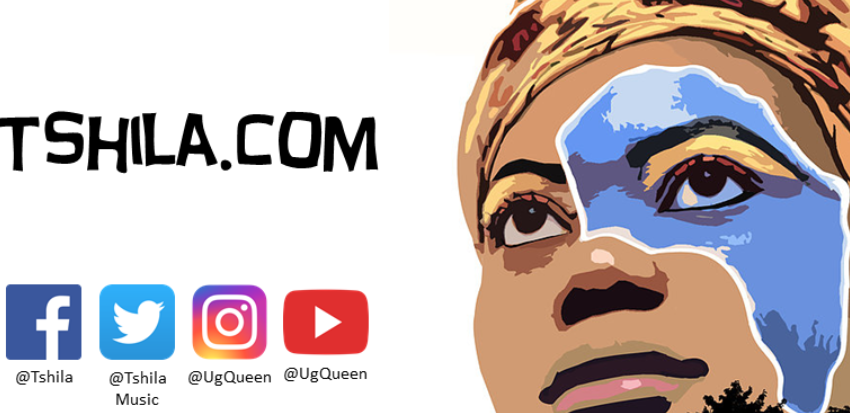The American poet Henry Wadsworth Longfellow said, “Music is the universal language of mankind.” Music has been a vital part of every culture around the world for ages.
Music can serve as a cultural critic. However, the question continues to be debated: “Does culture influence music or does music influence culture?”
Each generation in my lifetime has been exposed to musicians who reflected the issues and challenges of their time.
Baby boomers had the hippie movement with protest songs about civil rights and the Vietnam War. Marvin Gaye questioned “What’s Going On”. Sam Cooke promised “A Change Is Gonna Come”. Aretha Franklin demanded “Respect”. John Lennon dreamed “Imagine”. Nina Simone stated “An artist’s duty, as far as I’m concerned, is to reflect the times”.
Generation X had Public Enemy preaching “Fight the Power”, Tracy Chapman warning “Revolution”, Rage Against the Machine insisting “Wake Up” and Lauren Hill composing “The Miseducation of Lauren Hill”.
Millennials are being bombarded with the safe sounds of Taylor Swift, Lady Gaga, and Beyonce. There seems to be a deep void for a courageous voice that is being filled by popular music.
For music to be an effective cultural critic, the musician needs to be a courageous voice of a generation. Imagine musicians in the American South during the Civil War protesting slavery. Imagine musicians during the early 20th century advocating for women’s rights. Imagine musicians in Nazi Germany defending Jewish citizens. These musicians would have been vilified, but on the right side of history.
Today, there are controversial issues that need a way to penetrate the hearts and minds of global citizens.
There are serious social and political issues that are frequently in the news cycle. These issues include: The empowerment of women and their emancipation from sexual harassment and abuse, the injustices suffered by people of color in America, the desire of students to go to school and feel safe, and the yearning of people in countries ruled by tyrants to experience liberation.
Millennials are sifting through music to find a courageous voice that reflects their values when taking on the social and political issues they care about passionately.
Millennials want a courageous voice that is not superficial and has a higher purpose. They are searching for music that is entertaining, as well as thought-provoking.
Singer-songwriter Tshila is aiming to reflect the times with her album “World in Crisis”. She’s not shy about addressing the social and political challenges the world faces, especially from an African woman’s perspective. As a Ugandan-born musician, she cares deeply about the issues that affect Ugandans, Africans and people of color worldwide.
Songs on the album include thought-provoking tracks like “The Way It Is”, which is a rendition of Bruce Hornsby’s 1986 criticism of social complacency, “Revolution Now”, which is a call to emancipation from mental slavery, “Not Alone”, which is a song of brotherhood/sisterhood in the struggle, and “Dear God”, which is a revisiting of XTC’s 1986 criticism of the negative impact of religious dogma in the world.
The purpose of including “The Way It Is” and “Dear God” is to highlight the issues for the generations who may not have exposed to the songs before.
Her mission is to create inspirational music as a force for positive change in the world.
You can learn more about Tshila by visiting her website and help spread the message by visiting her GoFundMe site.
Website: https://www.Tshila.com/
GoFundMe: https://www.GoFundMe.com/world-in-crisis
“World in Crisis” is scheduled to be released in October 2018.






